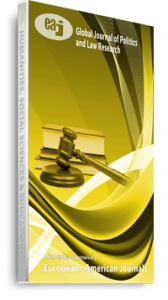Paragraph 18(7) of the Code of Conduct for Public Officers, contained in Part I Fifth Schedule of the 1999 Constitution of the Federal Republic of Nigeria as amended and section 23 (7) of the Code of Conduct Bureau and Tribunal Act, Laws of the Federation of Nigeria (LFN) 2010 provide that a public officer who is punished for breach of these laws cannot be granted pardon under prerogative of mercy. Most of these prohibited acts under the two laws appear civil in nature or at most quasi-criminal such as failure to declare assets or doing so late, combining public service job with another job save farming, accepting gratification while in office, maintenance of foreign accounts etc. Curiously, under the same constitution, people who are convicted of heinous crimes such as murder, armed robbery, kidnapping, even coup plotting etc. enjoy state pardons on regular basis during national festivities. The same constitution provides against discrimination of any kind in section 42. This paper argues that though this provision of the constitution on pardon is aimed at stopping corruption in the country that time has come for the removal of this discriminatory provision so that all convicts in Nigeria like in most jurisdictions in the world can enjoy presidential or gubernatorial amnesty as the case may be.
Keywords: Amnesty, Code of Conduct, Nigeria, breach, public officer

